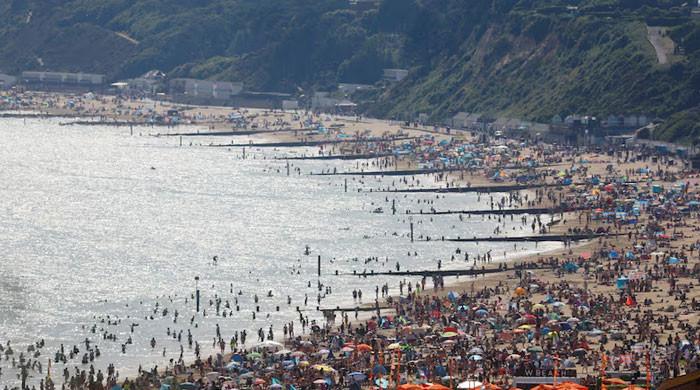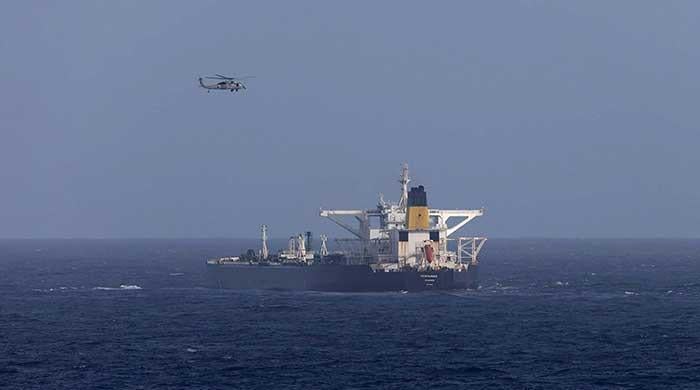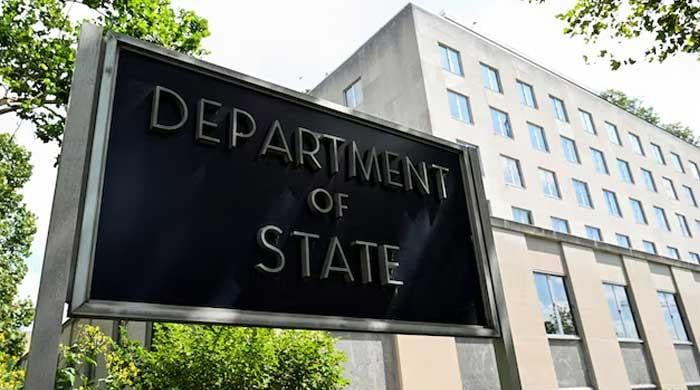EU calls for quick compromise on new passport-free zone rules
Compromise is between countries pushing to extend checks on the internal borders of Europe’s passport-free zone and those afraid of it
October 13, 2017
LUXEMBOURG: The European Union called Friday for a "quick compromise" between countries pushing to extend checks on the internal borders of Europe’s passport-free zone and those afraid such a move would kill off European unity and freedom.
The interior ministers from France, Germany and several other countries said checks within the Schengen zone, first introduced to tackle Europe’s migrant crisis, are still needed to deal with terrorist threats.
However, Slovakia said the border checks, first introduced as the migrant crisis peaked in 2015, were not needed for security and warned of undermining Schengen’s freedom.
"The proposed changes in the Schengen borders code will make Schengen stronger and more resilient," European home affairs commissioner Dimitris Avramopoulos told a press conference after talks with the ministers in Luxembourg.
They will allow "member states to respond to security threats when needed while maintaining the essence of free movement of goods, people and services," he added.
"I reiterated to ministers today the need for a quick compromise on this issue," the Greek commissioner said.
However, a European diplomat told AFP that bridging the divide will take at least a year. Another diplomat said that, besides Slovakia, Slovenia, Hungary and Poland opposed prolonging checks.
The proposed change is "more political than a professional one," Slovak interior minister Robert Kalinak told reporters, adding there was no information that recent attacks were committed by people crossing Schengen borders.
The countries seeking longer border checks are France, Germany, Denmark, Austria, Sweden and non-EU Norway. All but France, which was hard hit by terrorist attacks, introduced the checks initially to control migration.
The European Commission, the executive branch of the 28-nation EU, had said several times in the last few months that the extensions must end in November as the migration crisis was easing.
The EU has sharply slowed arrivals of asylum seekers and migrants through closer cooperation with Turkey and Libya, gateways from the Middle East and Africa.
But in recent weeks, France, Germany and other countries notified the commission they would extend the checks for another six months beyond November for security reasons, citing current rules.
Countries in the 26-country Schengen travel area, 22 of them EU members, can currently reintroduce frontier checks for six months for security reasons, and two years if that is combined with a threat to borders such as Europe’s migration crisis.
The Commission last month released plans to allow Schengen countries to reintroduce border controls for security reasons for up to three years.









